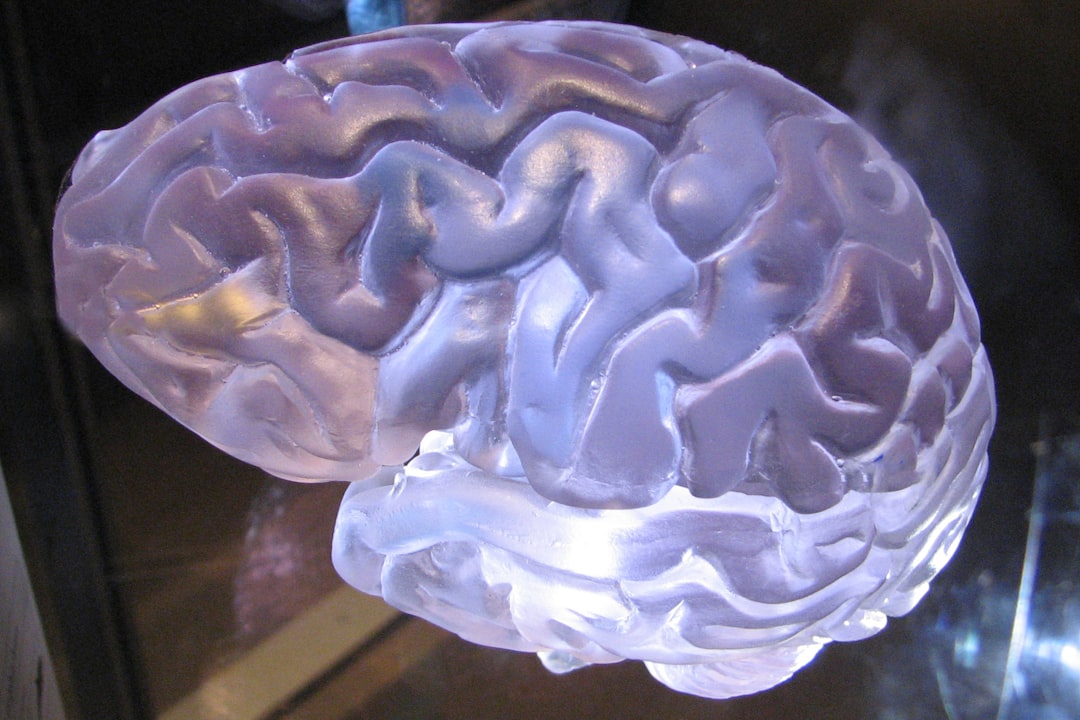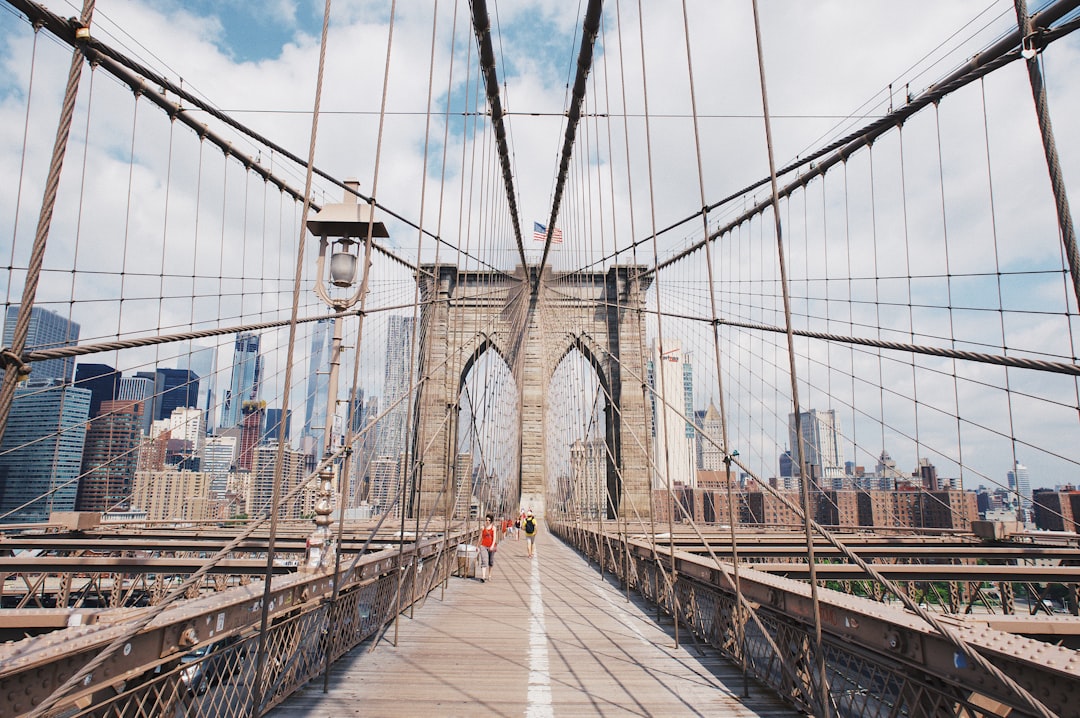What is it about?
This study dives into the effects of the COVID-19 lockdown in Italy, exploring how it influenced how people move and its economic consequences. Imagine a puzzle – when certain pieces are missing, it affects the entire picture. In a similar way, the lockdown disrupted the usual flow of people across Italy. As expected, our findings show that this disruption wasn't the same for everyone. Places with lower incomes and higher inequality were hit harder. But here's the twist: areas with more money to spend were also strongly affected. It's like a complicated balancing act where richer places face challenges too. The study sheds light on this puzzle, helping us understand the economic impacts of the lockdown, and why it's not a one-size-fits-all situation. Ultimately, it raises important questions about how we can support everyone as we recover from this unique challenge.
Featured Image

Photo by Ibrahim Boran on Unsplash
Why is it important?
In the aftermath of the COVID-19 pandemic, understanding its economic ripples becomes crucial. Our study on Italy's lockdown is like a compass in uncharted territory. It uncovers a paradoxical tale – how the lockdown affected not just the vulnerable but also economically robust areas. This insight is gold for policymakers navigating recovery. It's not just about numbers; it's about people, communities, and the complex dance of inequality and fiscal strength. This research doesn't just analyze; it paves the way for targeted strategies. As we step into a world reshaped by the pandemic, our findings offer a guide for more inclusive recovery plans. This isn't just about Italy; it's a lesson for global recovery efforts, offering a blueprint for a more equitable post-pandemic world.
Perspectives
Our study is not just about numbers on a page; it's a journey through the intricate web of challenges and resilience that unfolded during Italy's COVID-19 lockdown. As one of the authors, this research holds a personal resonance. Witnessing the stark disparities in how communities weathered the storm, from bustling cities to quieter corners, has been eye-opening. It's a testament to the complexity of human experiences amid a crisis. Each data point tells a story of adaptation, struggle, and, unexpectedly, strength. As we collectively navigate these uncharted waters, my hope is that this work sparks conversations, inspires targeted actions, and contributes to a more nuanced understanding of the social fabric reshaped by the pandemic.
Dr Antonio Scala
CNR Institute for Complex Systems
Read the Original
This page is a summary of: Economic and social consequences of human mobility restrictions under COVID-19, Proceedings of the National Academy of Sciences, June 2020, Proceedings of the National Academy of Sciences,
DOI: 10.1073/pnas.2007658117.
You can read the full text:
Contributors
The following have contributed to this page










